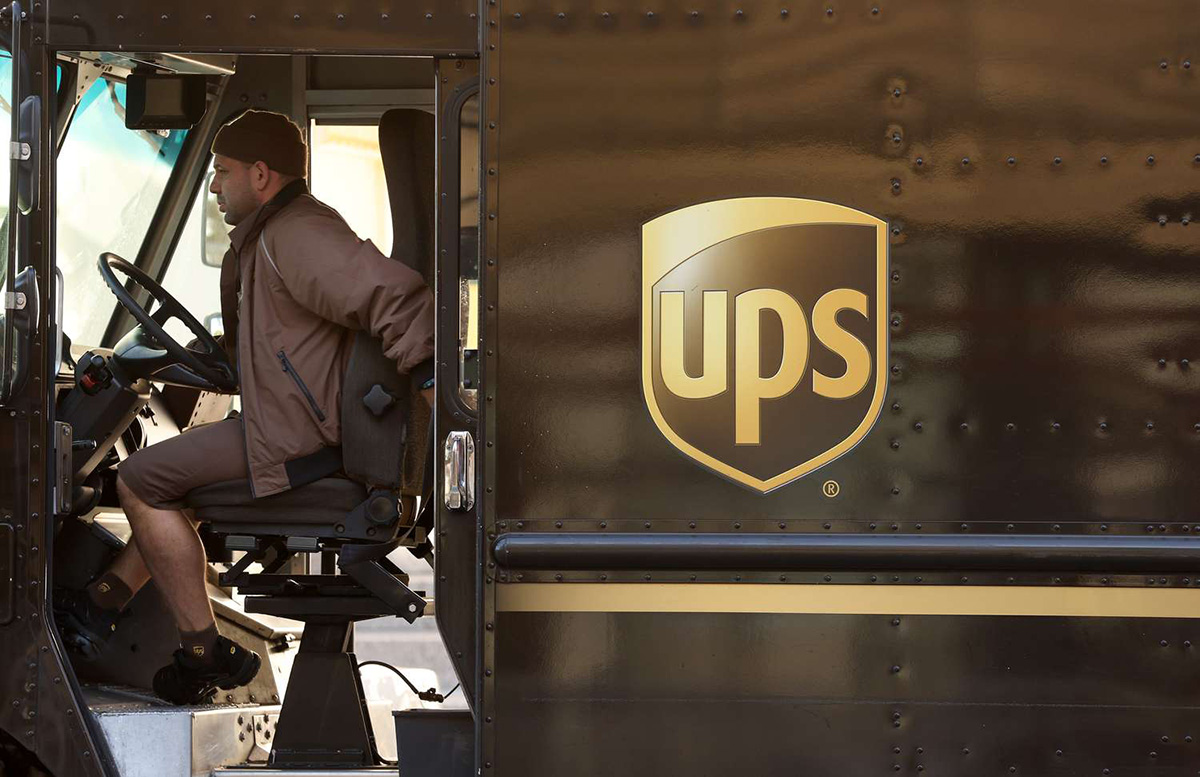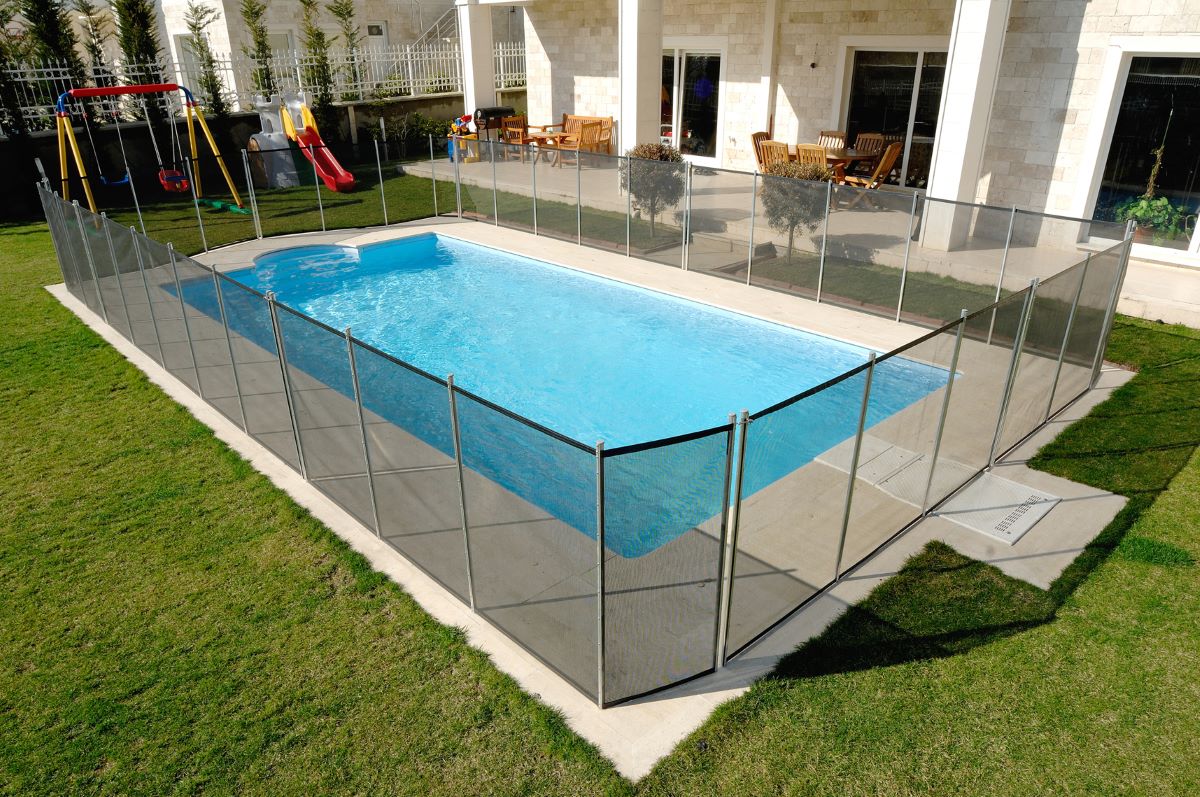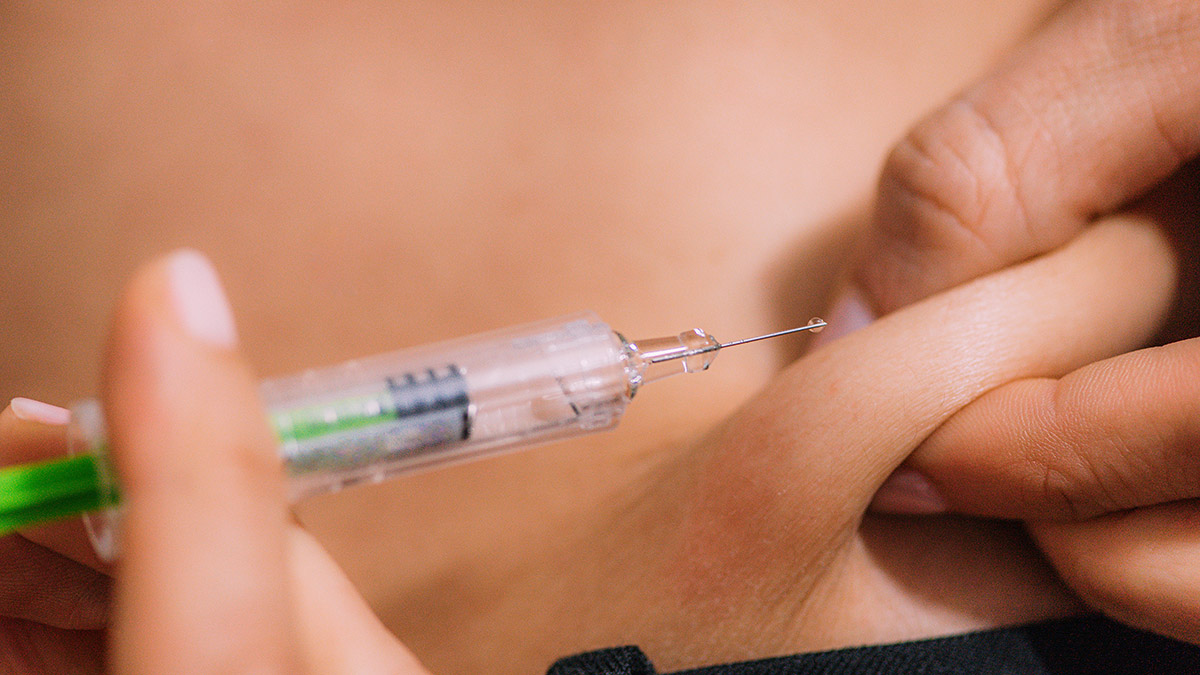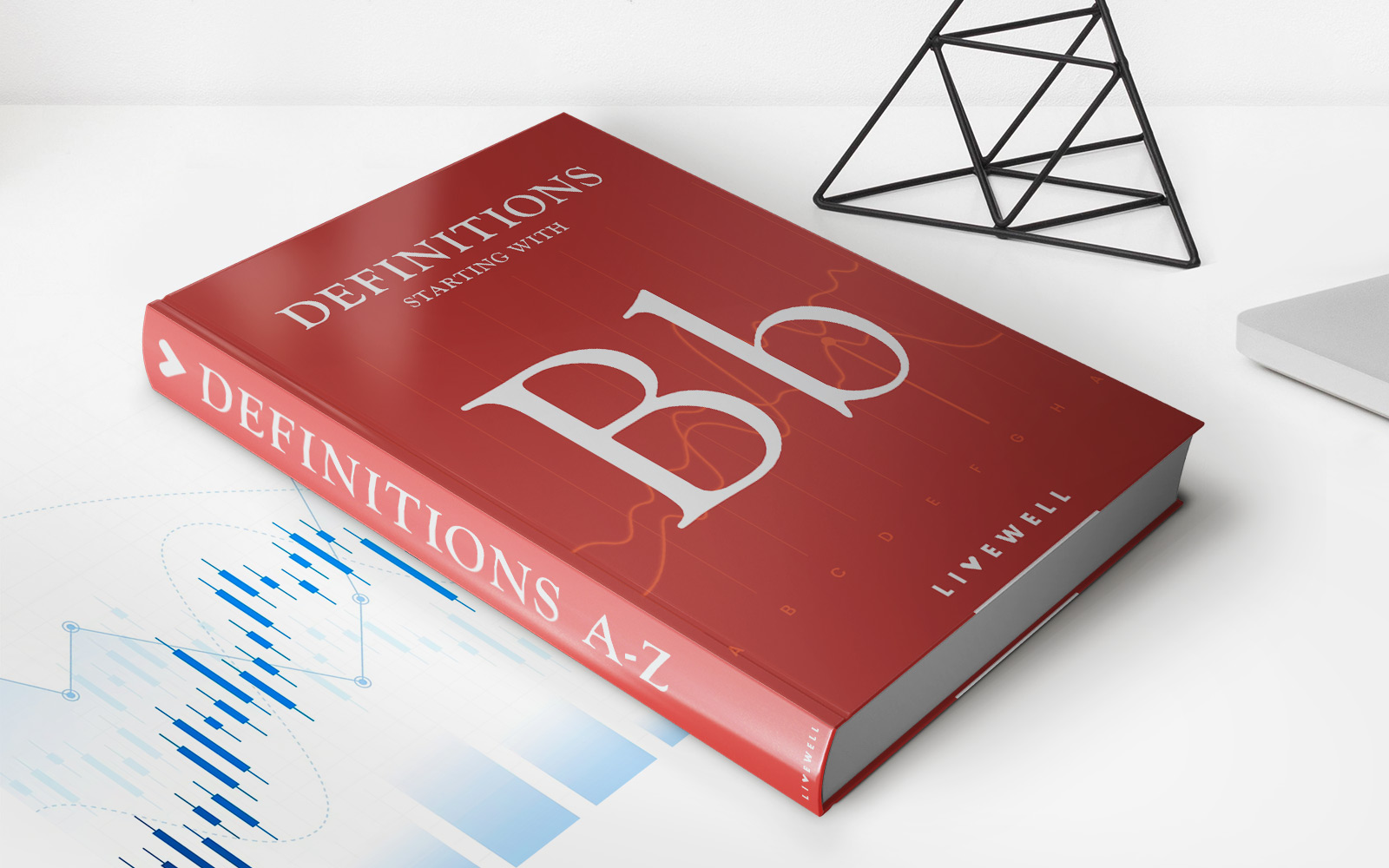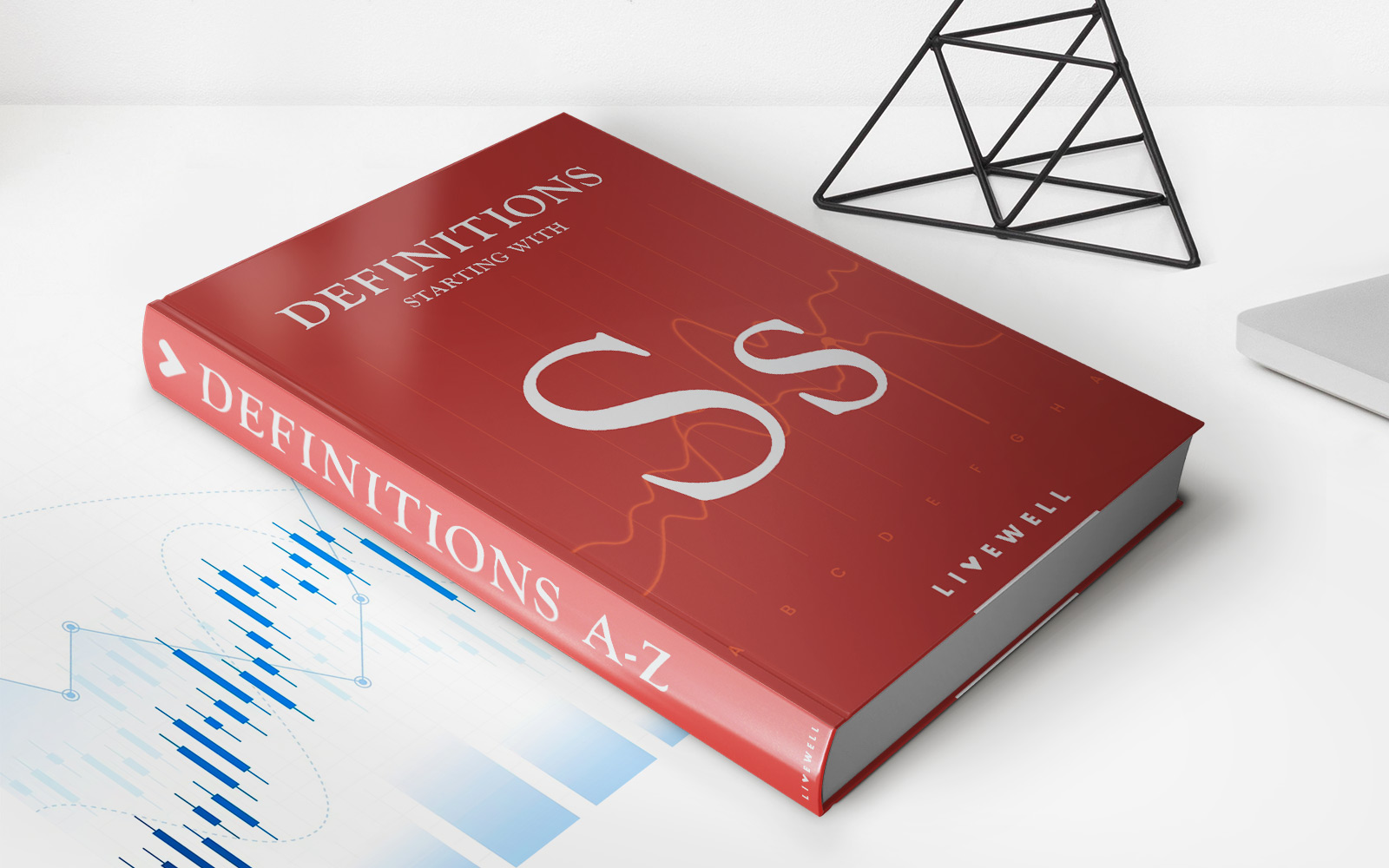Home>Finance>How Much Does Insurance Cost For A Pressure Washing Business
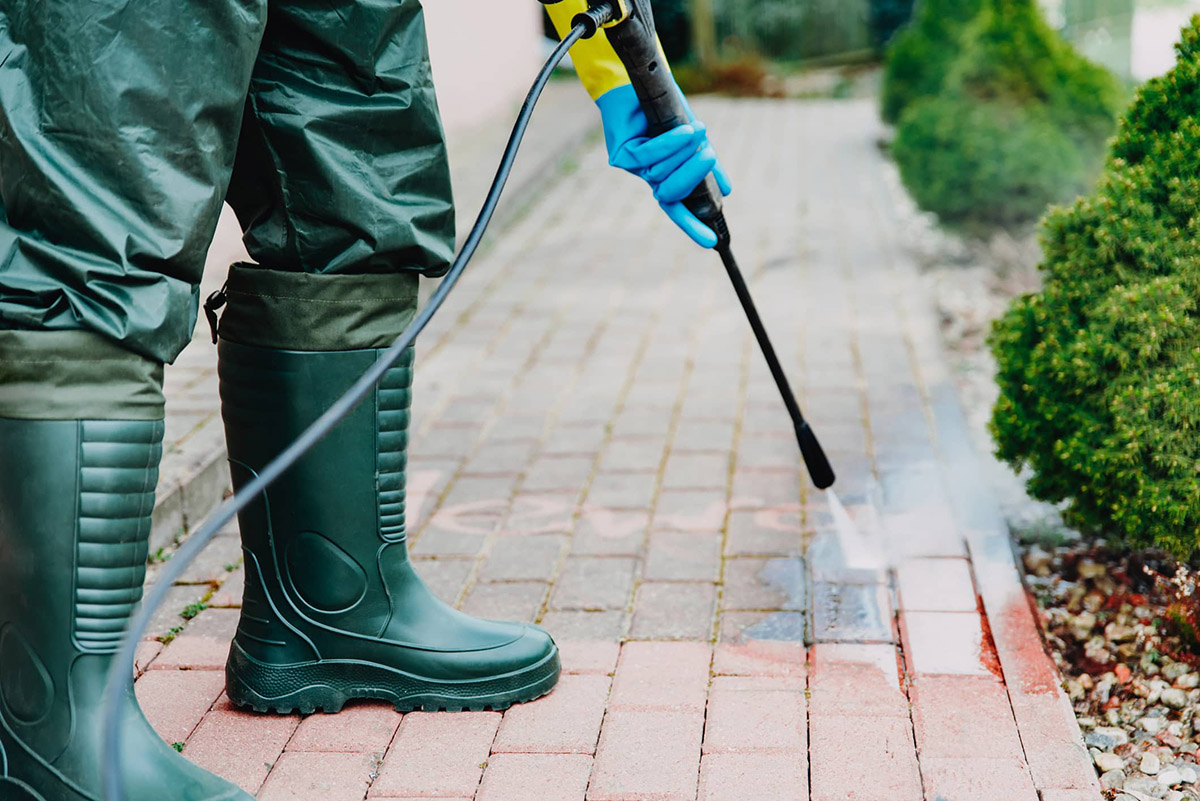

Finance
How Much Does Insurance Cost For A Pressure Washing Business
Published: November 21, 2023
Find out how much insurance costs for a pressure washing business and how it can impact your finances. Protect your investment with the right coverage.
(Many of the links in this article redirect to a specific reviewed product. Your purchase of these products through affiliate links helps to generate commission for LiveWell, at no extra cost. Learn more)
Table of Contents
- Introduction
- What is a pressure washing business?
- Importance of insurance for a pressure washing business
- Factors that affect insurance cost for a pressure washing business
- Types of insurance coverage for a pressure washing business
- Average cost of insurance for a pressure washing business
- Tips to save on insurance costs for a pressure washing business
- Conclusion
Introduction
Welcome to the world of pressure washing – a booming industry that helps businesses and homeowners maintain clean and attractive exteriors. From removing stubborn dirt and grime to restoring the brilliance of surfaces, pressure washing businesses play a vital role in enhancing the overall appearance and value of properties.
However, running a pressure washing business also comes with its fair share of risks and uncertainties. Accidents, property damage, or even legal disputes can occur unexpectedly, leading to significant financial losses that can jeopardize your business. This is where insurance comes into play.
Insurance is a critical safeguard that protects your pressure washing business from potential liabilities, giving you peace of mind as you carry out your services. In this article, we will explore the importance of insurance for a pressure washing business, factors that can affect insurance costs, the different types of insurance coverage available, and tips to save on insurance expenses.
Whether you are a seasoned pressure washing entrepreneur or thinking about launching your own business, understanding the importance of insurance and its associated costs is crucial for your success and financial security.
What is a pressure washing business?
A pressure washing business is a specialized service that involves using high-pressure water jets to clean and maintain various surfaces, such as concrete, siding, fences, decks, driveways, and more. The primary objective of a pressure washing business is to remove dirt, grime, moss, mildew, and other types of buildup from different surfaces, restoring their original appearance.
Pressure washing is a versatile and efficient method that can be used for both residential and commercial properties. Homeowners often hire pressure washing services to improve the curb appeal of their homes, remove stains from their driveways, or clean their decks and patios. On the other hand, businesses may require pressure washing to keep their storefronts, parking lots, and other outdoor areas clean and inviting.
Operating a pressure washing business requires specialized equipment, including high-powered pressure washers, water tanks, hoses, and cleaning agents. Additionally, the expertise and knowledge of different techniques and cleaning solutions are essential for achieving optimal results and avoiding damage to surfaces.
Pressure washing businesses can offer a wide range of services, including house washing, concrete cleaning, gutter cleaning, roof cleaning, deck restoration, and graffiti removal, among others. With the increasing demand for cleanliness and aesthetics, pressure washing businesses have become in high demand, providing an opportunity for entrepreneurs to start a profitable venture in the industry.
However, like any business, there are risks involved in running a pressure washing company. Accidents can happen, such as slips and falls, damage to property, or even injury to clients or employees. That is why having the right insurance coverage is essential for protecting your business and ensuring smooth operations.
Importance of insurance for a pressure washing business
Insurance is an essential component of running a pressure washing business. It acts as a safety net, protecting both you and your clients from potential risks and liabilities. Here are the key reasons why insurance is crucial for a pressure washing business:
- Protection against property damage: Accidents happen, and even the most skilled pressure washing technicians can unintentionally damage a client’s property. For example, high-pressure water can crack windows or dislodge loose bricks. Having insurance coverage can help cover the costs of repairs or replacements, ensuring that your client isn’t left with a financial burden.
- Coverage for bodily injury: Despite taking precautions, there is always a risk of slips, falls, or other accidents during a pressure washing job. If a client or one of your employees is injured, insurance can provide coverage for medical expenses, rehabilitation costs, and potential legal fees in case of a lawsuit.
- Protection against negligence claims: If a client believes that your pressure washing services resulted in damage or injury due to negligence, they may file a lawsuit. Having insurance can help cover legal expenses and potential settlement costs, minimizing the financial impact on your business.
- Peace of mind: Running a business comes with its fair share of stress and uncertainties. Having comprehensive insurance coverage gives you peace of mind, knowing that you are protected against unexpected events and can focus on providing high-quality services to your clients.
- Professionalism and credibility: Insurance coverage demonstrates that you run a legitimate and responsible business. It adds a layer of professionalism and credibility, giving clients confidence in your services and distinguishing you from uninsured competitors.
As a responsible business owner, it is crucial to assess the risks associated with your pressure washing operations and choose appropriate insurance coverage to mitigate potential liabilities. Neglecting insurance can have severe financial and legal consequences, putting your business at risk of bankruptcy or closure.
With the right insurance policies in place, you can operate your pressure washing business with confidence, knowing that you are protected against unforeseen circumstances that could otherwise have a devastating impact on your finances and reputation.
Factors that affect insurance cost for a pressure washing business
The cost of insurance for a pressure washing business can vary based on several factors. Insurance providers take these factors into consideration when calculating premiums. It’s essential to understand these factors to determine the potential cost of insurance for your pressure washing business. Here are the key factors that can affect insurance costs:
- Type of coverage: The specific types of insurance coverage you choose for your pressure washing business will impact the overall cost. General liability insurance, which covers property damage and bodily injury claims, is typically a fundamental requirement. However, additional coverage options like commercial auto insurance or workers’ compensation insurance will increase the cost.
- Business size and revenue: The size of your pressure washing business and its annual revenue can influence insurance costs. Larger businesses with higher revenues generally require more coverage and may face higher premiums compared to smaller operations.
- Claims history: If your pressure washing business has a history of claims, particularly large or frequent ones, insurance companies may consider you a higher risk. This can result in higher premiums or difficulty in finding affordable insurance coverage.
- Location: The geographic location of your pressure washing business can also impact insurance costs. Areas with higher crime rates, extreme weather conditions, or frequent property damage claims may result in higher premiums.
- Experience and qualifications: The experience and qualifications of you and your employees can affect insurance costs. Insurance providers may offer lower premiums if you have a track record of safe operations, relevant certifications, or completed training programs.
- Equipment and maintenance: The value and condition of your pressure washing equipment can influence insurance costs. Higher-value equipment may require additional coverage, while regular maintenance and safety protocols can help lower premiums by reducing the risk of accidents.
- Policy limits and deductibles: The coverage limits and deductibles you choose will impact insurance costs. Higher policy limits and lower deductibles typically result in higher premiums, while lower limits and higher deductibles may lead to more affordable insurance rates.
It’s important to note that these factors can vary across insurance providers. Hence, it’s advisable to shop around and compare quotes from different companies to find the most suitable coverage at a competitive price.
By understanding the factors that can affect insurance costs for your pressure washing business, you can make informed decisions when selecting insurance coverage and budget accordingly. Remember, investing in comprehensive insurance coverage is a crucial step in safeguarding your business against potential risks and liabilities.
Types of insurance coverage for a pressure washing business
When it comes to insurance coverage for your pressure washing business, there are several types of policies to consider. Each policy is designed to protect different aspects of your business operations and mitigate potential risks. Here are the key types of insurance coverage to consider:
- General Liability Insurance: This is a fundamental coverage for any pressure washing business. General liability insurance provides protection against third-party claims for bodily injury, property damage, and personal injury (such as slander or libel). If a client or visitor is injured on your premises or if your pressure washing activities cause damage to someone’s property, general liability insurance can cover the associated costs, including medical expenses, legal fees, and settlement amounts.
- Commercial Property Insurance: This coverage is essential for protecting your business property and equipment. Commercial property insurance covers damage or loss of your building, contents, and equipment due to covered perils like fire, theft, vandalism, or natural disasters. It can help with the cost of repairs or replacements, ensuring that your business can quickly recover from unexpected events.
- Commercial Auto Insurance: If you use vehicles for your pressure washing business, commercial auto insurance is necessary. This coverage protects your business vehicles and drivers in case of accidents, property damage, or bodily injury. It can also provide coverage for theft, vandalism, and medical expenses. Commercial auto insurance is vital to comply with legal requirements and protect your business assets on the road.
- Workers’ Compensation Insurance: If you have employees, workers’ compensation insurance is typically required by law in most states. This coverage provides benefits to employees who suffer work-related injuries or illnesses. It covers medical expenses, lost wages, rehabilitation costs, and even death benefits in case of fatal accidents. Workers’ compensation insurance not only protects your employees, but it also protects your business from potential lawsuits resulting from workplace injuries.
- Professional Liability Insurance: Also known as errors and omissions insurance, professional liability insurance is crucial for service-based businesses like pressure washing. It provides coverage in the event of claims related to professional negligence, errors, or omissions that result in financial losses for your clients. If a client alleges that your pressure washing services were performed incorrectly or caused damage, professional liability insurance can cover legal fees, settlements, or judgments.
- Business Interruption Insurance: Business interruption insurance can be beneficial if your pressure washing business experiences a substantial disruption that leads to a loss of income. This coverage can compensate you for lost revenue, ongoing expenses, and even relocation costs if you are unable to operate due to covered perils, such as fire or natural disasters.
It’s important to assess your specific business needs and consult with an insurance professional to determine the most appropriate coverage options for your pressure washing business. Tailoring your insurance policies to your unique circumstances and risks will provide the necessary protection and peace of mind as you run your business.
Average cost of insurance for a pressure washing business
The cost of insurance for a pressure washing business can vary depending on various factors, such as the size of your business, the coverage options you choose, your location, and your claims history. While it’s difficult to provide an exact average cost, we can provide a general idea of the potential range.
For general liability insurance, which is typically the foundation of insurance coverage for a pressure washing business, the annual premiums can range from $500 to $1,500 or more, depending on the specific circumstances. Factors that can affect the cost include the revenue of your business, the number of employees, and the coverage limits you select.
Commercial property insurance, which protects your business property and equipment, can cost around $500 to $2,000 per year or more, depending on the value of your assets and the location of your business. The type of building, its age, and the security measures you have in place can also impact the cost.
Commercial auto insurance, if you have vehicles dedicated to your pressure washing business, can range from $1,200 to $3,000 per year or more, depending on the number of vehicles, their usage, and the driving records of your employees. It’s important to consider the type and value of vehicles you own and the coverage limits you require when estimating the cost.
Workers’ compensation insurance, if you have employees, is typically based on the payroll of your workforce and the nature of your business. Rates can vary significantly depending on your location and the specific risks associated with pressure washing work. On average, workers’ compensation insurance for a pressure washing business can cost around $2,000 to $5,000 per year.
Keep in mind that these figures are general estimates, and the actual cost can be higher or lower based on your specific circumstances. It’s crucial to obtain quotes from insurance providers and discuss your business details to get accurate pricing. Additionally, you may be eligible for discounts or package deals by bundling multiple insurance policies with the same provider.
Remember, insurance is an investment in protecting your business and mitigating potential risks. It’s important to find the right balance between getting adequate coverage and managing the costs to ensure the financial security and continuity of your pressure washing business.
Tips to save on insurance costs for a pressure washing business
While insurance is an essential investment for your pressure washing business, it’s also important to find ways to save on insurance costs without compromising the coverage you need. Here are some tips to help you reduce your insurance expenses:
- Shop around and compare quotes: Insurance premiums can vary significantly among different providers. Take the time to obtain quotes from multiple insurance companies and compare coverage options and pricing to find the most competitive rates.
- Bundle your policies: Consider bundling multiple insurance policies with the same provider. Many insurance companies offer package deals or discounts when you combine coverage, such as general liability insurance, commercial property insurance, and commercial auto insurance.
- Assess your coverage needs: Review your insurance coverage annually to ensure you have the appropriate amount of coverage for your business. Make sure you are not overinsured or underinsured, as both scenarios can lead to unnecessary expenses. Adjust your coverage limits and deductibles based on your risk tolerance and financial capabilities.
- Implement risk management practices: Insurance providers often look favorably upon businesses that have implemented risk management measures. This can include regular equipment maintenance, safety training for employees, and adopting standard operating procedures that minimize the potential for accidents or property damage. By demonstrating your commitment to risk prevention, you may be eligible for lower insurance premiums.
- Maintain a clean claims history: Insurance claims can impact your premiums. By maintaining a clean claims history and working diligently to minimize accidents and incidents, you can show your dedication to risk mitigation. This may result in lower insurance costs over time.
- Consider higher deductibles: Increasing your deductibles can lower your insurance premiums. However, be sure to assess the financial impact of higher deductibles in the event of a claim and ensure that you can comfortably cover the deductible amount if necessary.
- Take advantage of risk management resources: Some insurance providers offer risk management resources and tools that can help you identify potential risks in your pressure washing business. Utilize these resources to implement effective risk management strategies and reduce your exposure to liabilities.
- Review your policies annually: As your pressure washing business evolves, your insurance needs may change. Conduct an annual review of your policies to ensure they align with your current operations and risk profile. This can help identify any unnecessary coverage or opportunities to secure more cost-effective coverage.
By implementing these tips, you can potentially save on insurance costs for your pressure washing business without compromising the protection you need. Remember, investing in quality insurance coverage is a vital step in safeguarding your business and achieving long-term financial stability.
Conclusion
Insurance is a crucial component of running a pressure washing business. It provides financial protection and peace of mind, allowing you to focus on providing top-quality services to your clients without worrying about unforeseen risks or liabilities. While insurance costs for a pressure washing business can vary, it is an indispensable investment in safeguarding your business and its assets.
By understanding the importance of insurance and the factors that can affect insurance costs, you can make informed decisions when selecting coverage options that suit your business needs. General liability insurance, commercial property insurance, commercial auto insurance, workers’ compensation insurance, professional liability insurance, and business interruption insurance are some of the key coverage options to consider for your pressure washing business.
To keep insurance costs in check, it’s essential to shop around, compare quotes, and bundle policies when possible. Additionally, implementing risk management practices, maintaining a clean claims history, and adjusting deductibles according to your financial capabilities can help reduce insurance premiums. Regularly reviewing your policies and assessing your coverage needs will ensure that your insurance aligns with the evolving nature of your business.
Remember, insurance is an investment in the long-term success and stability of your pressure washing business. By taking the necessary steps to secure comprehensive coverage while being mindful of cost-saving strategies, you can protect your business, clients, and employees from potential risks and liabilities.
Consult with insurance professionals and reputable providers to find the best insurance options for your pressure washing business. With the right coverage in place, you can confidently run your business and thrive in the dynamic and competitive pressure washing industry.

